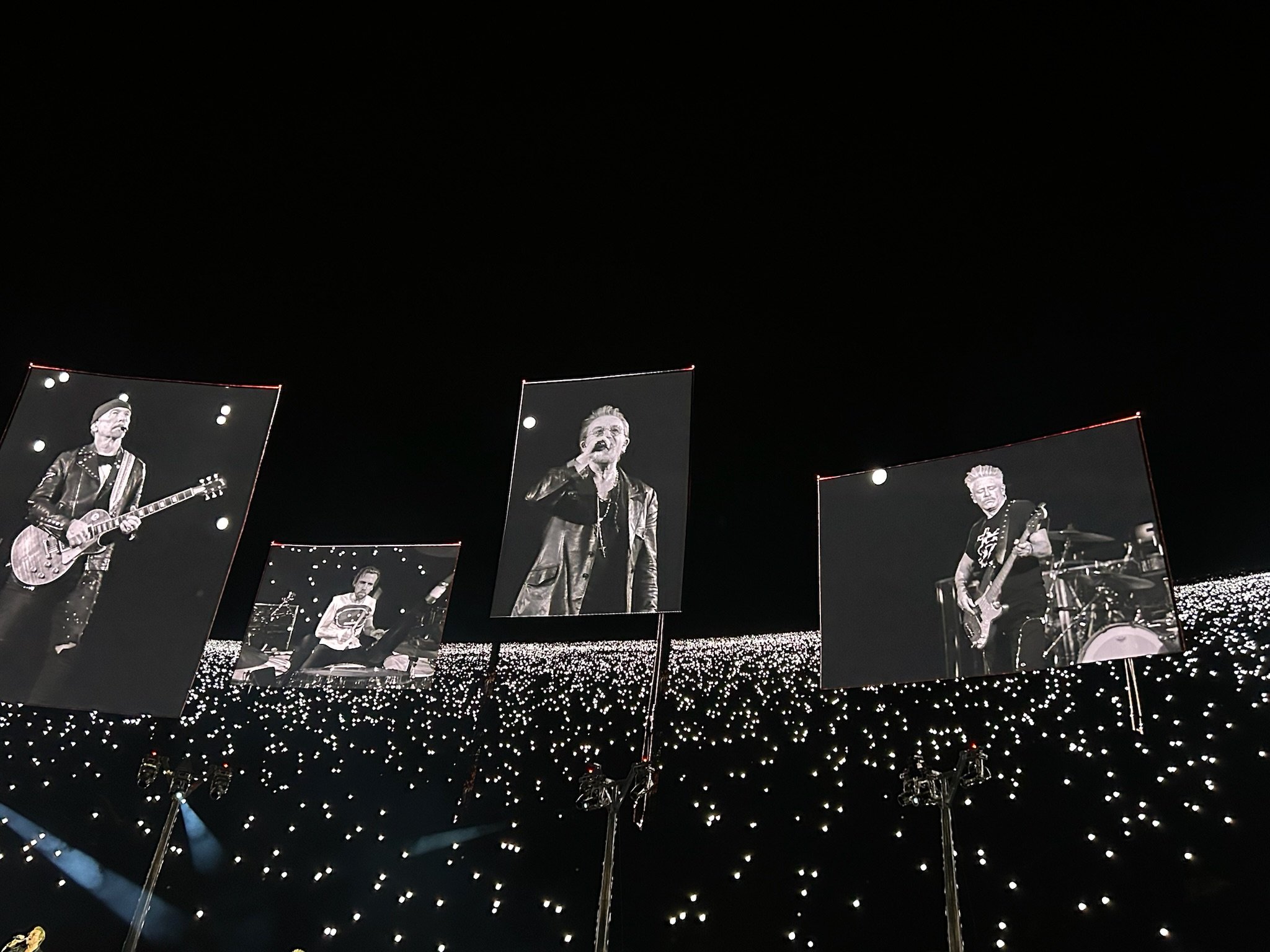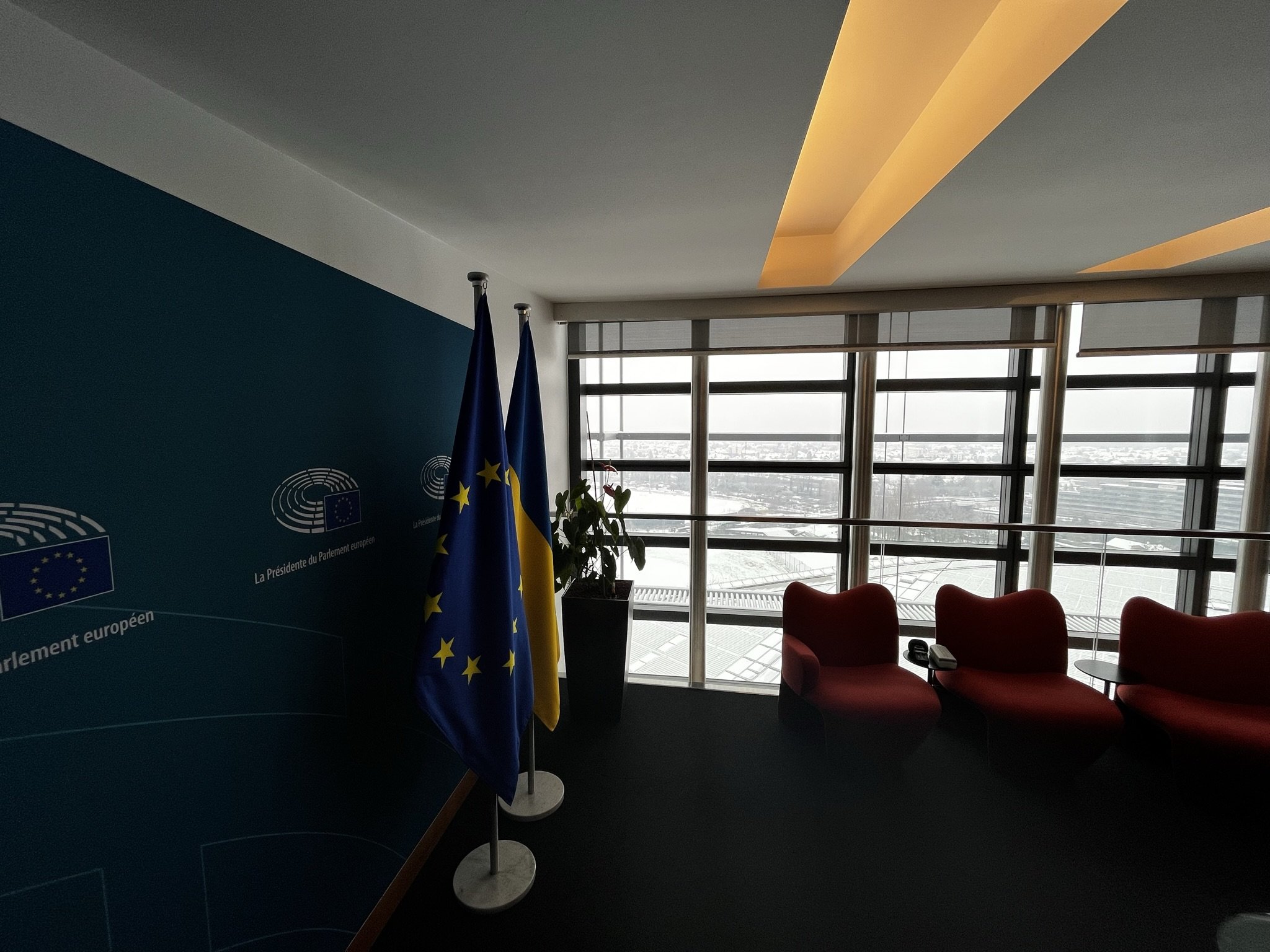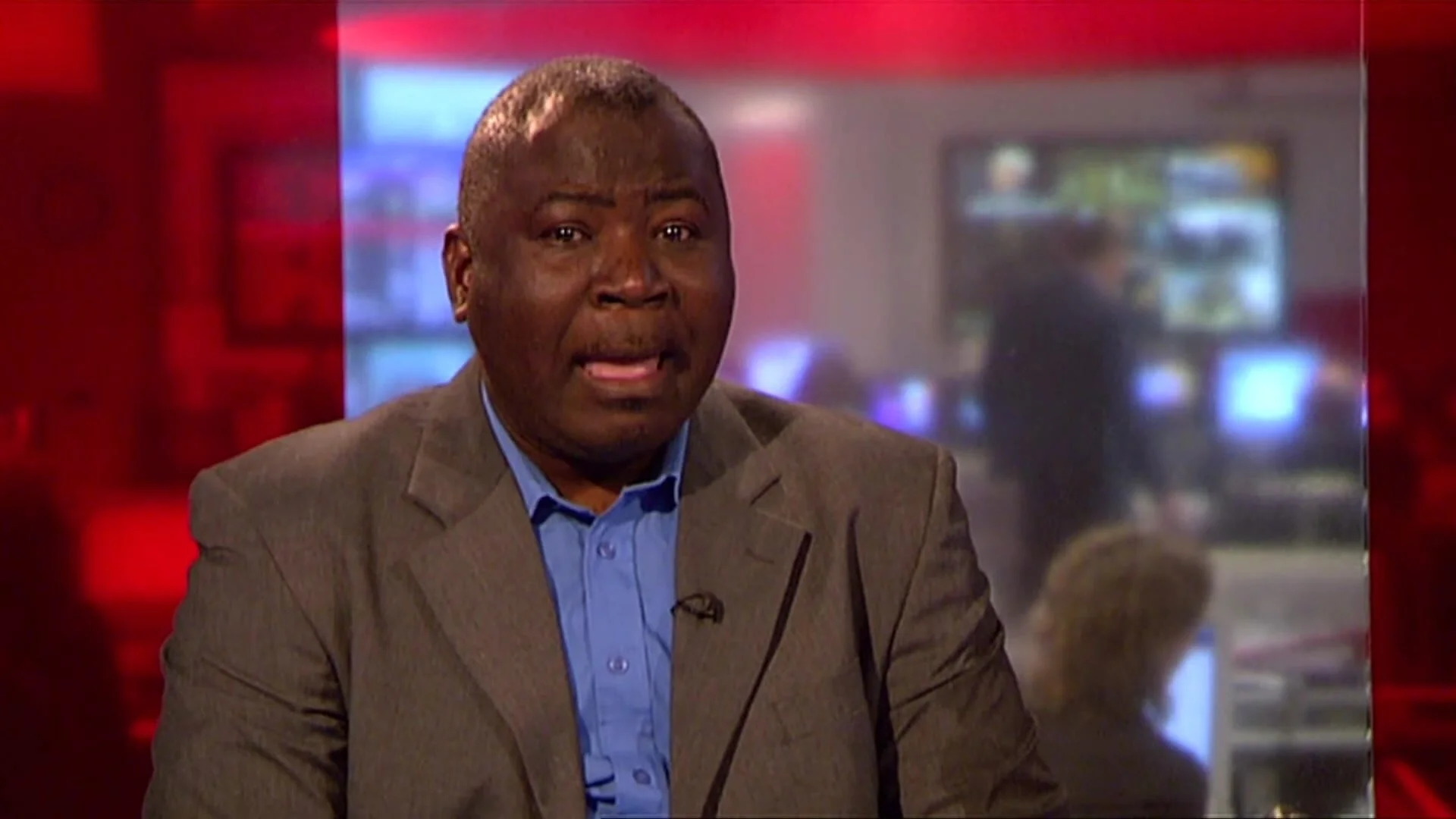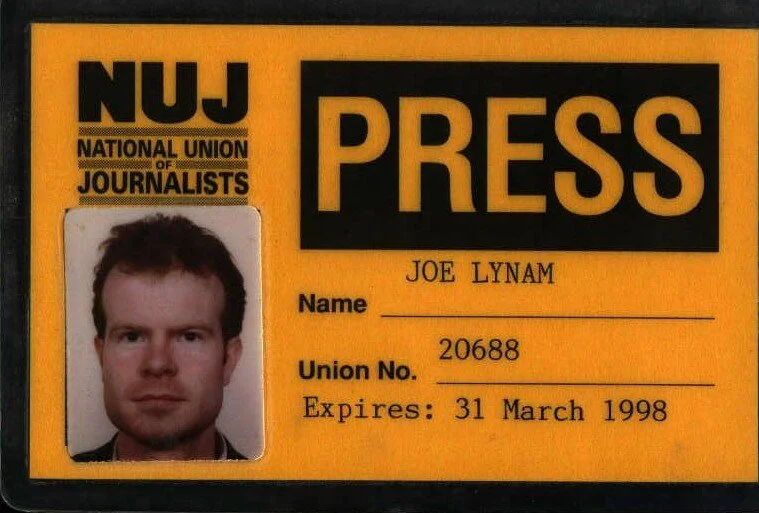JOE LYNAM (00:30):
Turning to the impact of this trade war on Ireland, the government here has set up a dedicated team to work through Enterprise Ireland to advise exporters how best to navigate these trade headwinds. That includes one-to-one advice and the Department of Enterprise says it's been preparing for this tariff war for a while. And it comes as the government admits that if pharma were to be included into tariffs, then 98% of Irish exports to America would be covered by the Trump tariffs. The enterprise minister Peter Burke joins us now on the line. Good morning, minister.
PETER BURKE - ENTERPRISE MINISTER (01:23):
Good morning, Joe.
JOE LYNAM (01:23):
Now, apart from verbal advice, will you be offering something a little bit more tangible to exporters such as, I dunno, export guarantees or some sort of risk sharing?
PETER BURKE - ENTERPRISE MINISTER (01:34):
So first of all, enterprise Ireland have established a dedicated team within the agency, really supporting so many of our companies exporting. And there are a number of areas where we can support client companies, provide a necessary resource guidance, strategic help, which is very important at this time. Obviously in the first instance we can provide consultancy advice and support to get that advice. It's a very significant grant of up to 70,000 euro there available for that. And secondly then in relation to market diversification, which the agency has always been working closely with so much of our indigenous sector on, and we have both the market discovery fund and the Strategic Marketing Review fund again to assist so many companies. And finally, which is the important piece, we know that so many of our companies who export to the US do so on quality. They have very significant premium produce, a lot of them have. So we have to see as well in terms of productivity and competitiveness, how we can hive out more productivity in terms of the margins. And we have the digital process innovation support, which is also available through Enterprise Ireland system.
JOE LYNAM (02:36):
You hinted at the weekend that you would remove some rules on Irish firms to help them trade such as health warnings on Irish drinks labels. Is that going to go ahead, that drinks labels or are you going to pause them?
PETER BURKE - ENTERPRISE MINISTER (02:49):
So that's currently under consideration. Obviously the regulations come from the Department of Health, but we have a very close eye on our competitiveness. And one thing I'm doing this week and bringing forward a proposal, a paper to the cabinet subcommittee on the economy. But if you were to do a memorandum to government next week on looking at two key issues, one to set and train to have our competitive strategy, which will be very clear that we want a very significant action plan together with hold of government supporting it before the summer. But secondly, there's a number of key areas I think where we can get quick wins now and try and get them and train before the summer. And that would send a very strong signal to businesses that were very serious about our competitive piece. We know we're the most competitive economy in the Euro zone right now. We're number four of the 67 countries that are measured across independent yearbook, but we can do better and critically in our infrastructure is where we need to sharpen up.
JOE LYNAM (03:41):
Trump was asked in the Oval Office last night whether the EU offer of 0% tariffs on all industrial goods, including pharma would be good enough. And he said no. It doesn't sound like the EU is going to be able to negotiate with Trump.
PETER BURKE - ENTERPRISE MINISTER (03:55):
It's a very difficult position at the moment. And when you see essentially that the US have put an arbitrary figure of 39% in connection with European goods, it's very difficult to see how the UK can be at 10% because both jurisdictions charge that, both have digital regulations. We're very much aware that Brexit has happened, but the UK is an awful long time out of the European Union, so it's very difficult to assess where that 39% is coming from unless you go to the leaving start pass somewhere. He's dividing the trade surplus by the total exports and using half the percentage. But essentially we need to get to a phase where we can negotiate. And I know Maros Sefcovik is very keen on that. The Commission obviously is going over to talk to Howard Lutnick this week as well to try and see how much we can working with Europe, change the dial and get into that space. But it's very striking if you look at last week about of the 600 billion goods that we export to the US in a European context with tariffs of 7 billion, now we have 80 billion. So that's more than a tenfold increase and that's very significant on global trade.
JOE LYNAM (04:58):
Do you think the EU will retaliate this week?
PETER BURKE - ENTERPRISE MINISTER (05:01):
I think there will be a series of countermeasures drafted up. Absolutely. The EU has to protect its market. They're very clear on that. A very significant marketplace, 450 million people. That's very important to us. But we favour negotiation. So there was a list which has been drafted yesterday. It's with our permanent representatives, our ambassadors across the EU working hard on it. And obviously we're trying our best any European context to protect Irish interests. We know there are very vulnerable sectors there from our drinks and our AgriFood. So we have a lot of work to do, but hopefully we can get into a space where we can negotiate. But I can't say that at any degree of confidence right now.
JOE LYNAM (05:39):
Thank you, minister. That is the Minister for Enterprise, Peter Burke
































